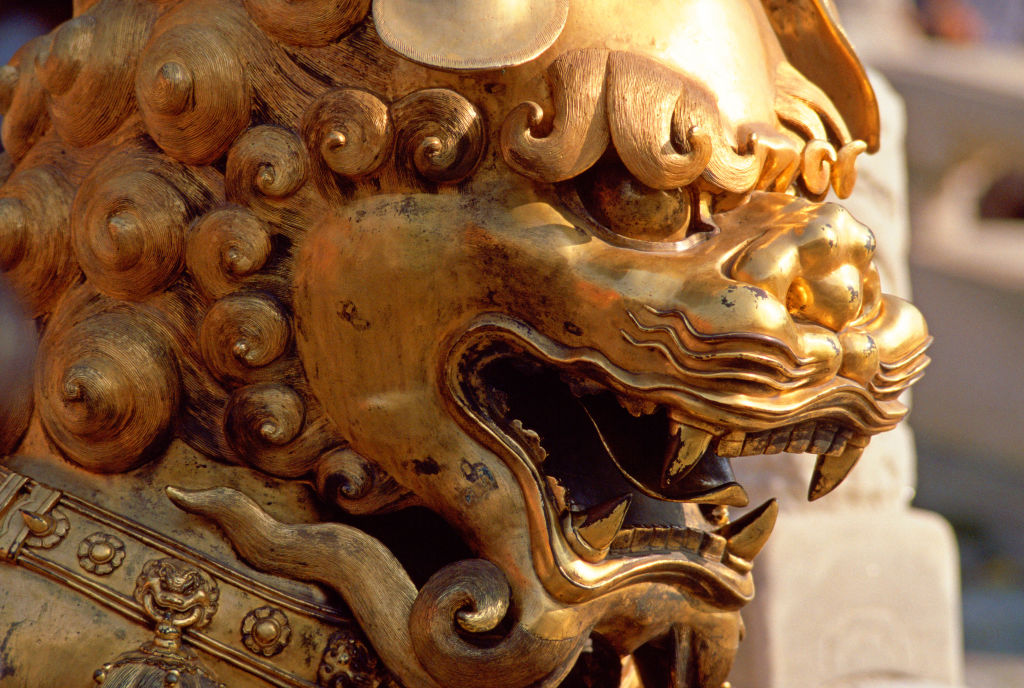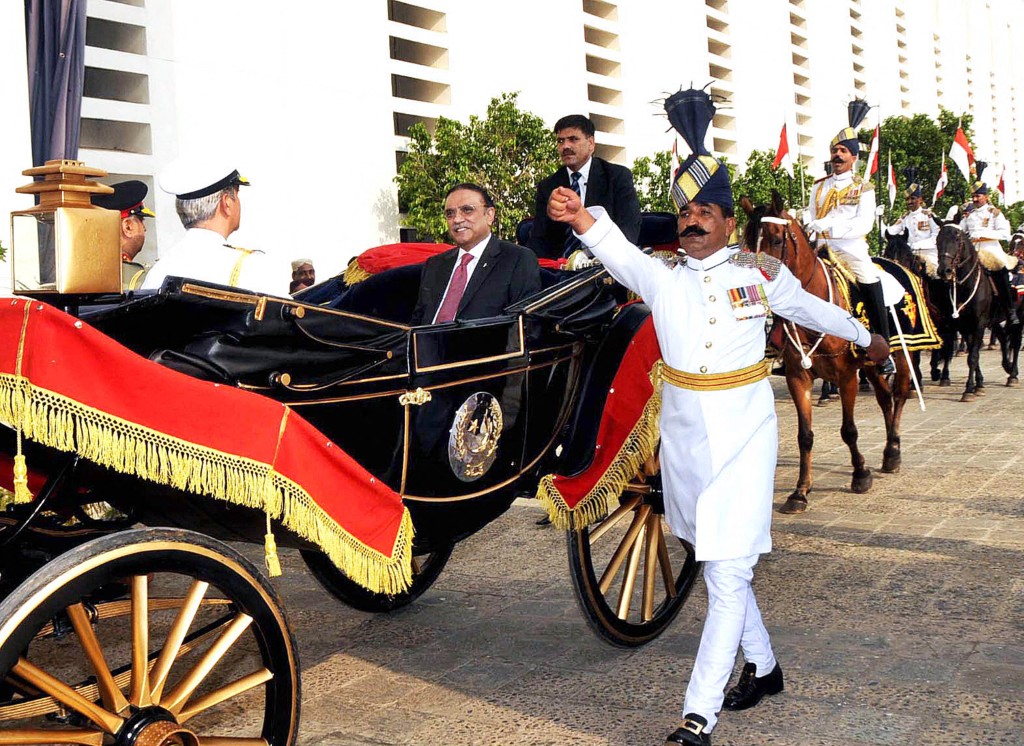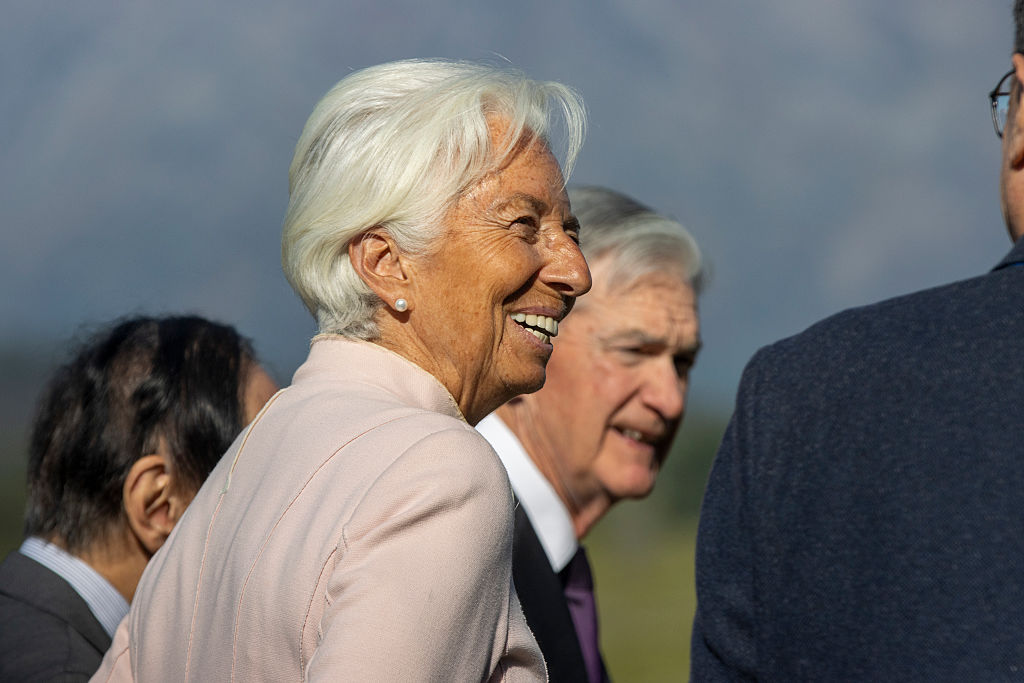The mask is off. Under the pretext of “modernisation” and “public health”, the European Commission is preparing a Soviet-style assault on one of Europe’s oldest rural industries: Tobacco. At the centre stands European Commissioner Wopke Hoekstra, the unelected Dutch technocrat now presiding over the destruction of agricultural sovereignty. His plan is not health policy. It is economic loss, destruction of communities and a betrayal of Europe’s farmers in favour of Beijing’s exporters.
Brussels insists its revision of the Tobacco Excise Directive, coupled with new controls on raw leaf, will bring order and protect citizens. The real outcome will be the collapse of national sectors, tens of thousands of jobs lost, and consumer prices doubling. Brussels dares call this “modernisation”. But in the fields of Greece, Spain, Italy and Poland it looks like literal uprooting – a deliberate deletion of livelihoods handed down for generations.
Hoekstra’s justification is laughable. He claims the plan will fight illicit trade. Yet in 2024, Europeans smoked 39 billion illicit cigarettes – the highest since 2015. Counterfeits surged 20 per cent to 15.3 billion. Criminals thrive on steep taxes and weak enforcement, not on Europe’s tiny 2 per cent share of global tobacco production. No Brussels surveillance scheme will stop smugglers in Antwerp or Piraeus, but it will bankrupt small farmers already struggling under quotas, compliance costs and shrinking subsidies.
Numbers spell out the hard truth. Europe imports 420,000 tonnes of raw tobacco and exports 120,000. When Brussels drives its own farmers off the land, China – the world’s largest producer at 2.19 million tonnes – will flood the market. With lower standards, weaker traceability and state-backed pricing, Beijing and the BRICS will collect the profits with no concern for quality or accountability.
Today, 26,000 European producers cultivate 66,000 hectares of tobacco, sustaining 80,000 jobs. Italy provides 27 per cent of EU output, Spain 14, Greece 13, Poland 12. In Western Thrace, Extremadura, Campania or Lublin, tobacco is the economic foundation of entire communities. There are no alternative crops, no urban opportunities waiting. Yet tobacco farming is no concern of Brussels. CAP support worth €100 million will vanish after 2027.
Worse still, the Commission has not studied the social impact. Farmers are abandoned while Brussels sends money to Burkina Faso, Côte d’Ivoire and Malaysia for climate projects. Southern Italy is regulated out of competitiveness while African and Asian producers are subsidised to expand. This is not a strategy. It is surrender. A handover of European production capacity to foreign interests under the pious cover of “public health”.
The human cost is already visible. In Greece, one in ten farming households depends on oriental tobacco. Hoekstra’s plan would annihilate cooperatives in Xanthi and Komotini, while Turkish and Asian imports fill the gap. In Spain, small farms in Extremadura will collapse under compliance costs as Brazilian and Sri Lankan leaf arrives through Belgium. In Italy, Campania and Umbria will see rural economies gutted. In Poland, Europe’s largest cigarette producer, a €9 billion annual revenue is now under direct threat.
This is bigger than tobacco. It is about whether Europe governs itself or allows unelected commissioners to decide which sectors live or die. The winners here are Chinese exporters and organised crime networks. The losers are Europe’s farmers, workers and taxpayers. Brussels calls this “strategic autonomy”. In reality, it is the dismantling of production capacity in exchange for dependency on foreign supply chains.
Hoekstra postures as a champion of European values and the rule of law, but he is orchestrating one of the most blatant sovereignty transfers in recent memory: From Europe’s rural communities to Beijing’s exporters. National governments must push back against this disastrous central planning. They must defend their farmers, reject this Soviet-style scheme and demand real impact assessments.
If they fail, tobacco will not be the last sector sacrificed. This will become the template. Piece by piece, sovereignty will be regulated away. And Europe’s farmers – today in tobacco, tomorrow in another vital crop – will discover that in Hoekstra’s Brussels, betrayal is a process, not an event.





COSCO and the US blacklist: Europe’s ports or Beijing’s tentacles?